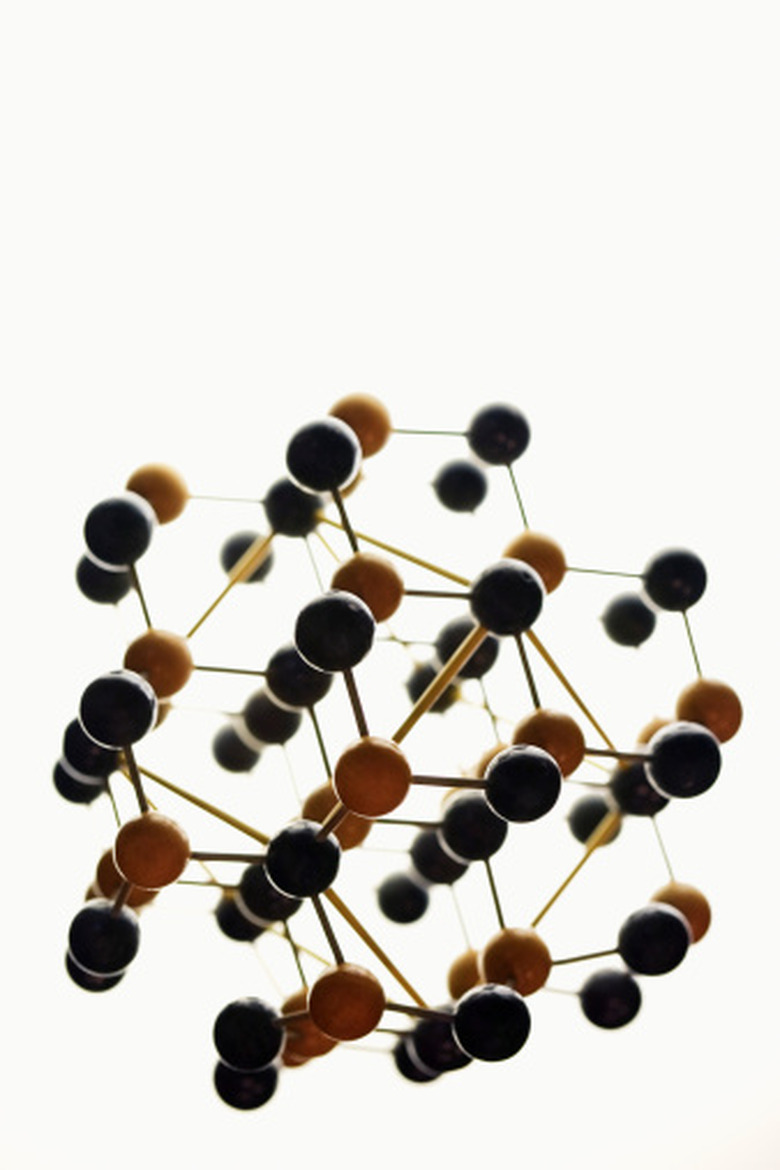How To Convert Wattage To Degrees
Materials vary in how they are affected by energy. Metals have many free charge carriers that vibrate with heat, so their temperature quickly rises. Other materials contain strong bonds and no free particles, so a lot of energy can enter them without having much effect on their temperature. The ratio between heat and a substance's temperature rise is its specific heat capacity. This factor, along with the substance's mass and the length of time during which power acts on it, lets you convert the substance's wattage to its final temperature, measured in degrees.
Step 1
Multiply the wattage acting on the substance by the time it spends acting on it. For instance, if a power of 2,500 watts runs for 180 seconds:
2,500 × 180 = 450,000 joules of energy
Step 2
Divide this answer by the substance's mass, measured in grams. For instance, if you heat 2,000 grams of a substance:
450,000 ÷ 2,000 = 225
Step 3
Divide this result by the substance's specific heat capacity. For instance, if you are calculating the temperature rise in water, which has a specific heat capacity of 4.186 j/g K:
225 ÷ 4.186 = 53.8
This is the number of degrees Celsius by which the object's temperature rises.
Cite This Article
MLA
Menezes, Ryan. "How To Convert Wattage To Degrees" sciencing.com, https://www.sciencing.com/how-8643971-convert-wattage-degrees/. 7 August 2017.
APA
Menezes, Ryan. (2017, August 7). How To Convert Wattage To Degrees. sciencing.com. Retrieved from https://www.sciencing.com/how-8643971-convert-wattage-degrees/
Chicago
Menezes, Ryan. How To Convert Wattage To Degrees last modified March 24, 2022. https://www.sciencing.com/how-8643971-convert-wattage-degrees/
